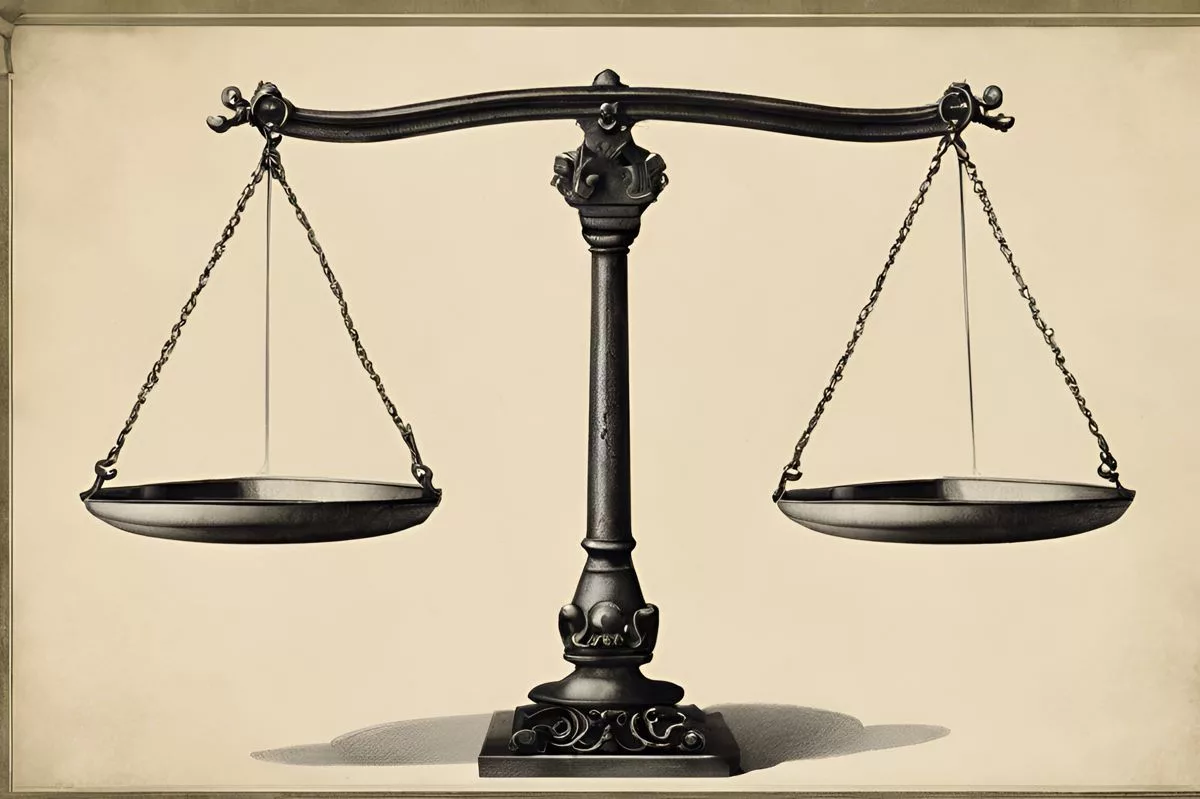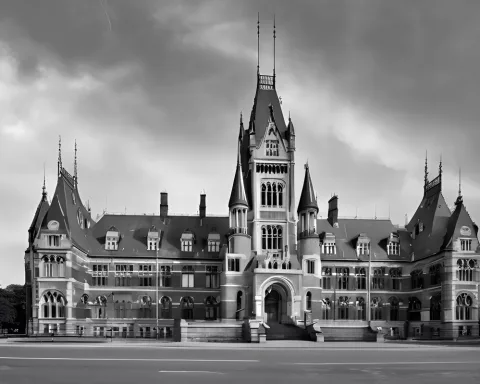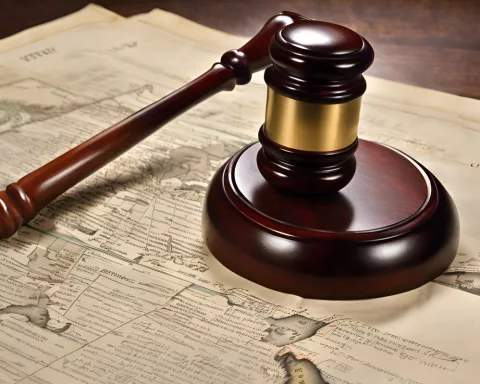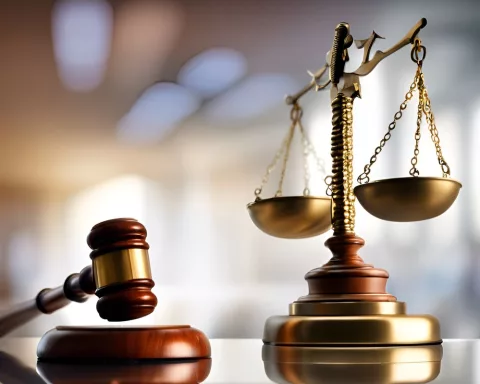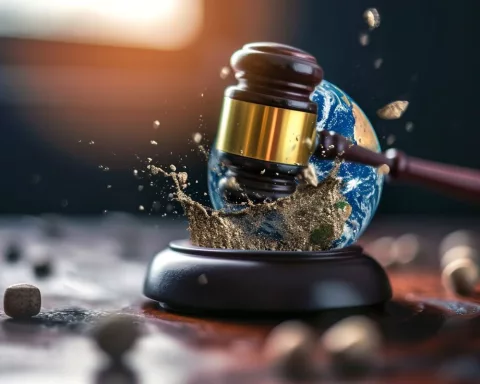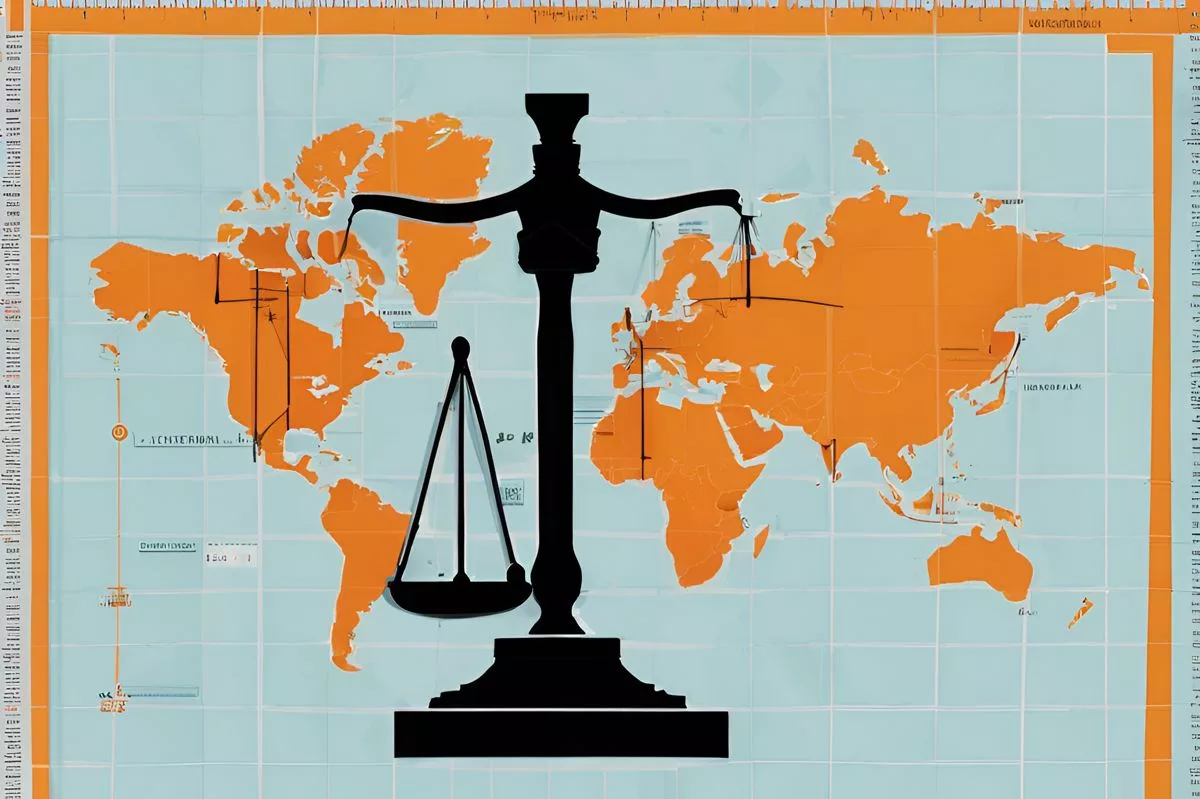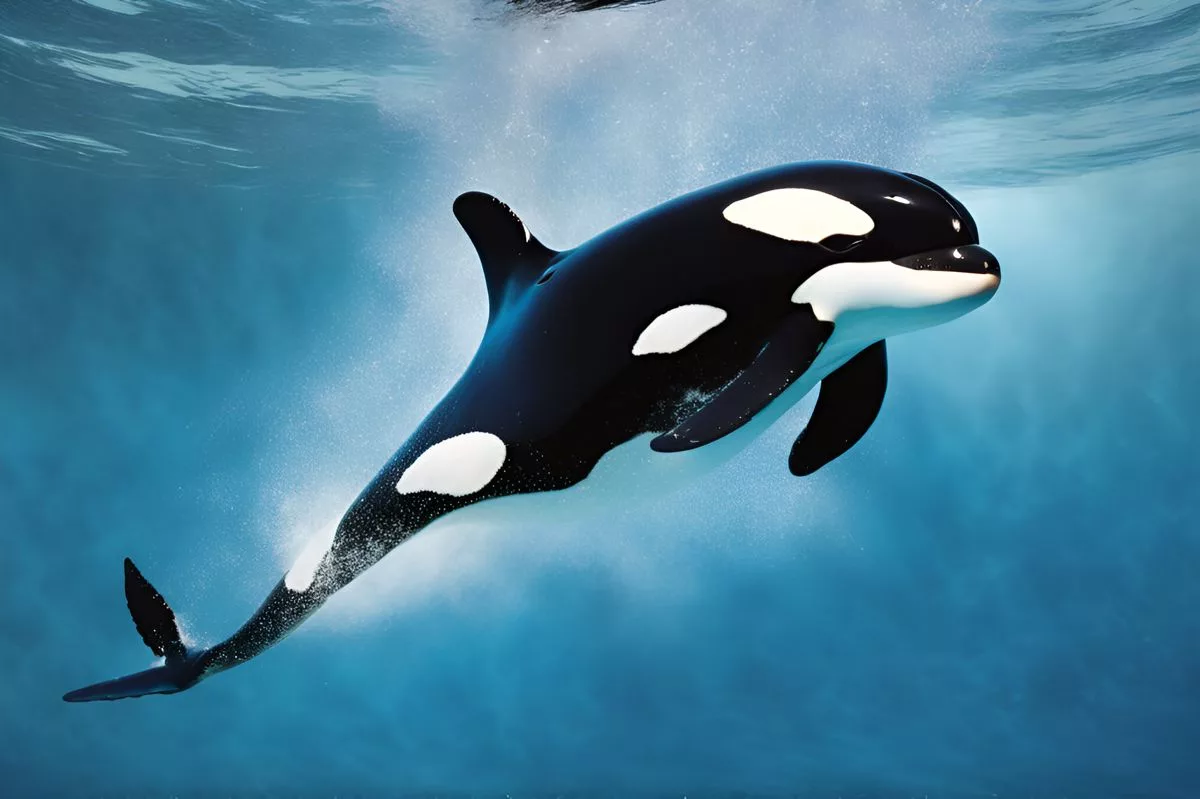The International Court of Justice is set to deliver a verdict on allegations of genocide committed in Gaza by Israel, brought forth by South Africa. The case invokes the Genocide Convention and holds immense significance for international diplomacy and human rights. Tension and expectation diffuse onto social media as the world awaits the verdict, which is not just a legal resolution but a moment of reckoning for our collective moral compass.
The International Court of Justice (ICJ), representing the global commitment to legal principles on an international stage, is set to deliver a verdict of monumental significance. South Africa has lodged allegations of genocide occurring within the Gaza Strip against Israel. If the decision vindicates South Africa, it could be celebrated as a victory for the oppressed.
The ICJ and the Genocide Convention
The ICJ, with 15 judges representing various national backgrounds, is an ethical and legal beacon representing impartiality and justice. The Genocide Convention lies at the heart of the case, invoking an international responsibility to preside with diligent precision and sensitivity.
Israel and South Africa
Israel, embroiled in controversy in relation to its actions within Gaza, now finds itself at a critical crossroad in a tangled diplomatic relationship with South Africa. South Africa, with its historical battle against apartheid, has emerged as a symbolic champion for human rights.
Tension and Expectation on Social Media
As the ICJ ruminates, tension diffuses into the realm of social media, with tweets reflecting a spectrum of emotional tension: anxiety, hope, apprehension. Calls for justice intermingle with fears of prejudice, and questions regarding the court’s independence surface.
The Repercussions of the Decision
Regardless of the outcome, the verdict delivered by the ICJ serves a dual purpose. It is not just a legal resolution, but also a moment of reckoning for international diplomacy and the principles encapsulated within the Charter of the United Nations. This case represents an examination of the ICJ’s credibility and its capacity to shape global norms and behaviour.
The World Awaits
As the world awaits with bated breath, a palpable air of tension and expectation pervades the streets of Cape Town and cities worldwide. The forthcoming decision is more than just a verdict on the events within Gaza. It is a litmus test for our international legal system, a gauge of our collective moral compass, and a reflection of our relentless pursuit of justice amidst a world often marred by turmoil.
What is the International Court of Justice and why is it significant in this case?
The International Court of Justice (ICJ) is a judicial body made up of 15 judges from various nations, representing impartiality and justice on an international level. In this case, the ICJ’s decision on allegations of genocide in Gaza by Israel holds immense significance for international diplomacy and human rights.
What is the Genocide Convention and why is it important in this case?
The Genocide Convention is a treaty that invokes an international responsibility to preside with diligent precision and sensitivity in cases of genocide. It lies at the heart of this case and is crucial in determining whether or not Israel is guilty of genocide in Gaza.
What is the diplomatic relationship between Israel and South Africa, and how is it relevant to this case?
Israel and South Africa have a tangled diplomatic relationship, with South Africa emerging as a symbolic champion for human rights due to its historical battle against apartheid. South Africa has lodged allegations of genocide against Israel in the Gaza Strip, leading to a critical crossroad in their diplomatic relationship.
How is social media affecting the tension and expectation surrounding the ICJ’s decision?
Tension and expectation surrounding the ICJ’s decision have diffused into social media, with a spectrum of emotional tension ranging from anxiety to hope. Calls for justice are intermingled with fears of prejudice, and questions regarding the court’s independence have surfaced.
What are the repercussions of the ICJ’s decision, regardless of the outcome?
Regardless of the ICJ’s decision, it serves as a moment of reckoning for international diplomacy and the principles encapsulated within the Charter of the United Nations. This case represents an examination of the ICJ’s credibility and its capacity to shape global norms and behavior. It is a litmus test for our international legal system and a gauge of our collective moral compass.

